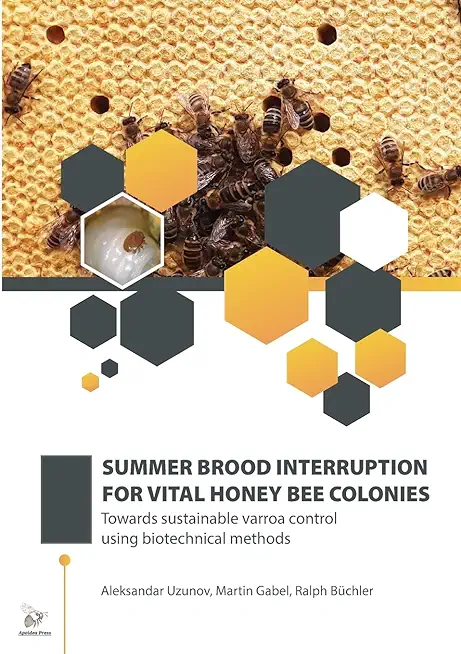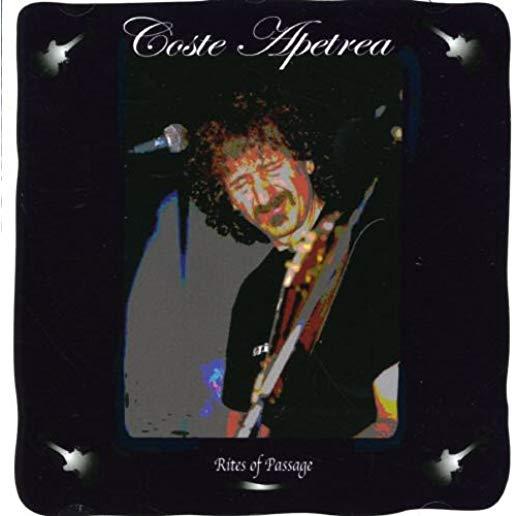
description
the most serious problem for honey bee colonies worldwide. Despite various chemical treatments, many beekeepers still lose their colonies each year. This book sets out the authors' novel vision and practical steps on to how to manage bees for varroa control using a "nature-based beekeeping" approach. With clear step-by-step charts on what to do and when, and with QR code links to short videos showing "how to" carry out the techniques, the book will enable the beekeeper to work confidently, and in sympathy with their honey bees' natural behaviours. An understanding of bee biology and biological mechanisms is used to describe three different methods for varroa control, each using an interruption of brood rearing in the summer. These are: brood removal, queen caging, and the use of a trapping comb, together with many practical tips to reduce the risks of a queen or colony failing during the treatments.
The authors bring their extensive practical experience of testing these methods in a systematic and scientific way, with insights from many other beekeepers and researchers throughout Europe, to fill an important gap in the beekeeping literature about working in harmony with nature to control varroa. Their approach offers more sustainable colony management in tune with honey bee biology, consumers' requirements, and an increasing public awareness of environmental concerns.
member goods
No member items were found under this heading.
Return Policy
All sales are final
Shipping
No special shipping considerations available.
Shipping fees determined at checkout.







